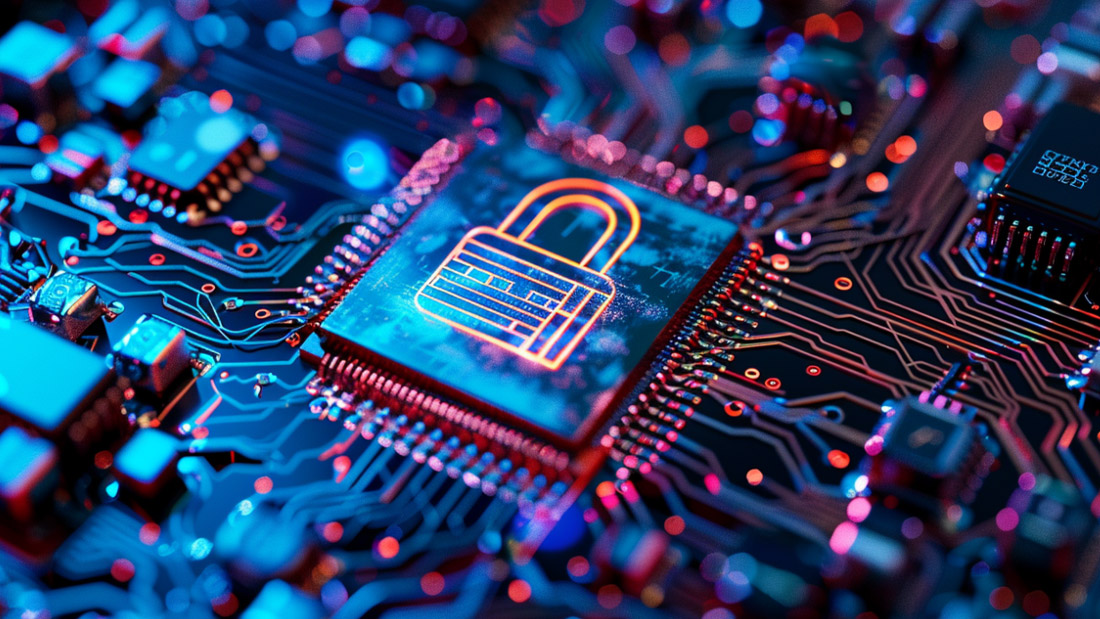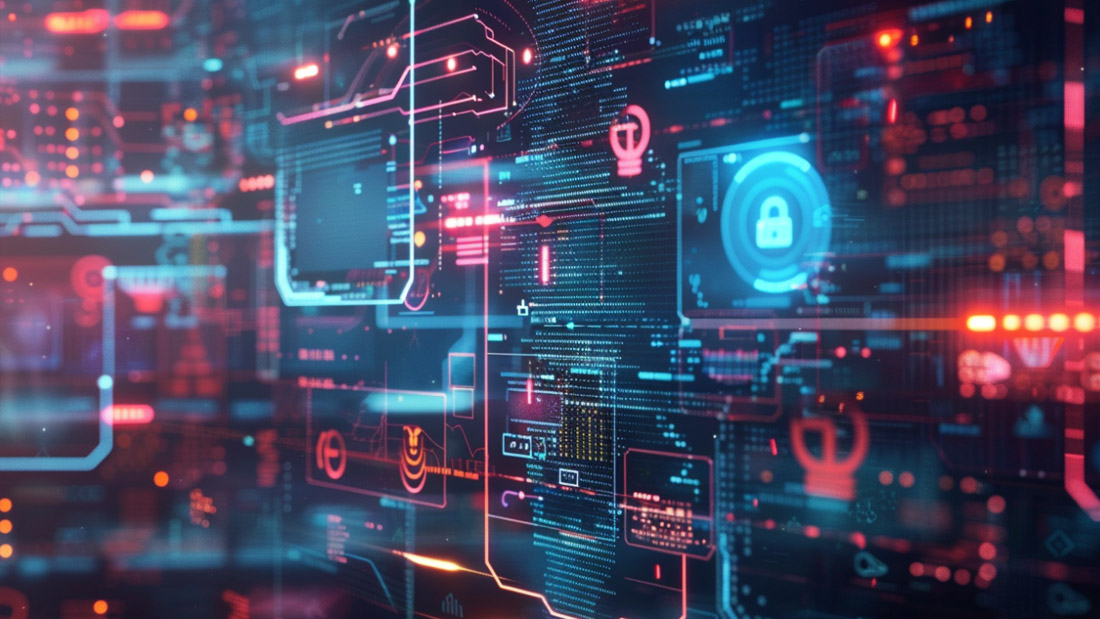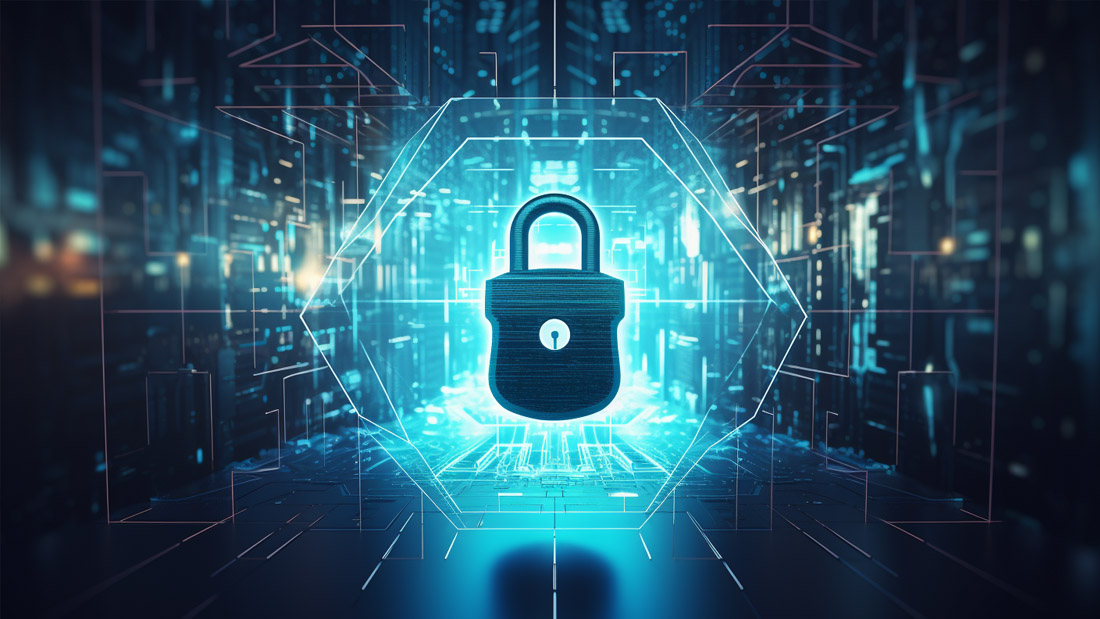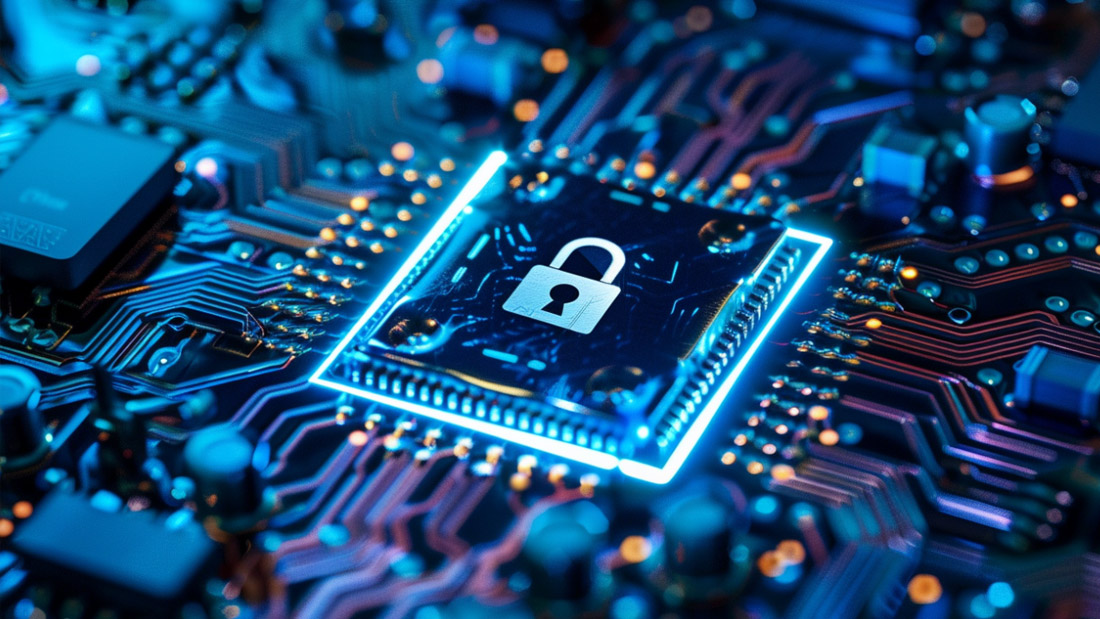The Role of Ethics in Cybersecurity in 2024
March 20, 2024
Go back to "News & Updates"

In the digital age, the lines between ethical conduct and cybersecurity practices are increasingly blurred. As we navigate through 2024, the cybersecurity landscape is not only a battlefield of wits and technology but also of moral and ethical dilemmas. This blog post delves into the crucial role that ethics plays in cybersecurity, highlighting why ethical considerations are more important than ever and how they shape the protection of data, privacy, and ultimately, trust in technology.
Ethical Foundations in Cybersecurity
Cybersecurity, at its core, is designed to protect users, organizations, and governments from digital threats. However, the means by which this protection is achieved often raise ethical questions. For instance, the use of surveillance tools to detect threats must be balanced against the right to privacy. Similarly, the deployment of AI in cybersecurity presents dilemmas around bias, accountability, and transparency.
The ethical foundations of cybersecurity rest on several key principles:
- Privacy: Respecting the confidentiality of data and the privacy of individuals and organizations.
- Integrity: Ensuring the accuracy and reliability of information, free from unauthorized modification.
- Availability: Maintaining timely and reliable access to data and resources.
These principles guide cybersecurity professionals in making decisions that not only secure data but also uphold the rights and values of individuals and society.
Navigating Ethical Dilemmas
Cybersecurity professionals often face ethical dilemmas that challenge their morals and professional responsibilities. One such dilemma is the decision to “hack back” against attackers. While retaliation might provide short-term relief or information, it raises legal and ethical concerns about perpetuating a cycle of aggression.
Another ethical challenge is the management of data breaches. When a breach occurs, organizations must navigate the delicate balance between transparency with affected parties and the need to secure systems before disclosing vulnerabilities.
Ethical hacking, or penetration testing, also presents a conundrum. It involves simulating cyberattacks to identify vulnerabilities. The ethical hacker must navigate this process without overstepping boundaries or violating privacy.
The Role of Ethics in Shaping Cybersecurity Policies
In 2024, ethics in cybersecurity is not just a concern for individual professionals but is integral to shaping policies and regulations. Governments and organizations are increasingly recognizing that ethical guidelines are essential for fostering trust in digital systems.
For example, GDPR in the European Union and CCPA in California have set precedents for how data privacy and security are handled, emphasizing the ethical treatment of user information. These regulations require organizations to not only protect data but also to do so in a manner that respects user rights and transparency.
Ethical Considerations in Emerging Technologies
As emerging technologies like AI, IoT, and quantum computing become more integrated into cybersecurity strategies, ethical considerations must be at the forefront of their deployment. For AI, this means ensuring algorithms are free from bias and that decisions made by AI systems are transparent and accountable.
For IoT devices, which collect vast amounts of personal data, it’s crucial to implement security measures that protect user data without infringing on privacy. And as we edge closer to the quantum computing era, the ethical use of potentially groundbreaking decryption capabilities must be discussed and regulated to prevent misuse.
Conclusion: The Path Forward
The role of ethics in cybersecurity in 2024 is more critical than ever. As technology continues to evolve and integrate into every aspect of our lives, the ethical considerations surrounding cybersecurity will only grow in complexity and importance.
For cybersecurity to effectively protect society while respecting individual rights and freedoms, a consistent ethical framework must be maintained. This requires ongoing dialogue among cybersecurity professionals, policymakers, and the public to ensure that the digital world remains not only secure but also just and equitableCertainly! Here’s the continuation and completion of the HTML5 conversion for the article:
In conclusion, the intersection of ethics and cybersecurity in 2024 is not just about preventing digital attacks but about safeguarding our moral compass in the digital age. As we continue to navigate these complex waters, let us remember that at the heart of cybersecurity, the ultimate goal is to protect and serve humanity in the most ethical manner possible.











